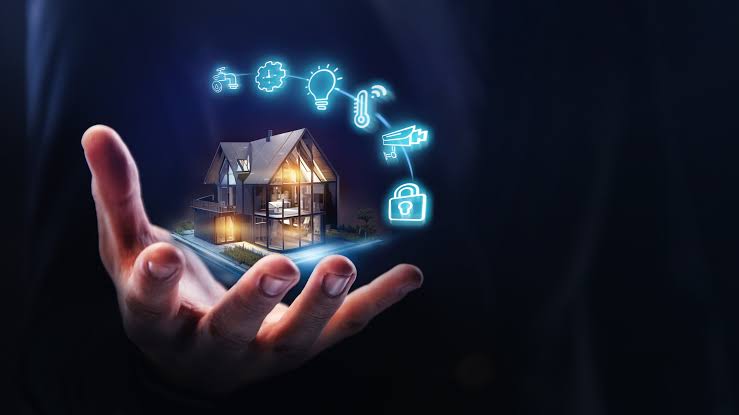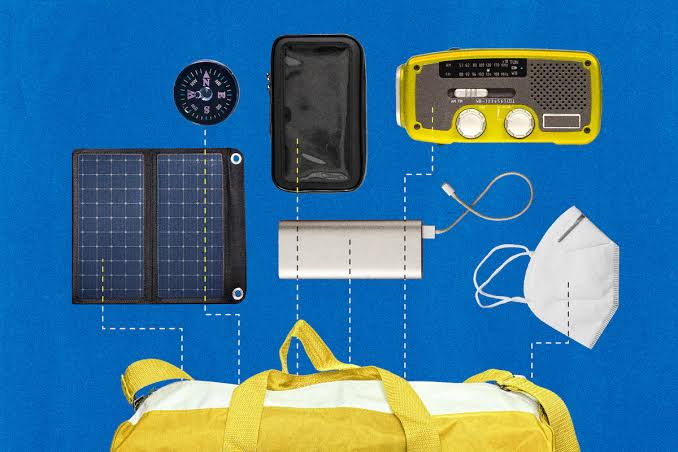Smart home gadgets have moved beyond simple convenience tools to become essential components of modern living. With rapid technological advancements and increased integration of artificial intelligence, these devices are now reshaping how people manage their homes. As the demand for connected devices grows, the future of smart home gadgets will focus on creating smarter, more sustainable, and more personalized living spaces.
Advancements in Artificial Intelligence and Automation
Artificial intelligence will play a central role in the next phase of smart home innovation. Future gadgets will not just respond to commands but also learn user behaviors and predict needs. For example, smart thermostats will automatically adjust settings based on occupancy patterns and energy prices, while AI-driven lighting systems will optimize brightness and color for different times of the day.
These advancements will lead to more seamless automation, where devices communicate with each other to create a synchronized and efficient home environment. Homeowners will increasingly enjoy systems that anticipate their preferences without requiring manual input.
Integration with Internet of Things Ecosystems
The Internet of Things (IoT) will drive deeper integration among smart home devices. This means gadgets from different brands will work together more efficiently, reducing compatibility issues. Instead of managing multiple apps for different devices, users will rely on unified control hubs or voice assistants to oversee their entire home.
In the future, IoT-enabled gadgets will provide enhanced security, improved energy efficiency, and smarter management of resources. Devices such as refrigerators will track inventory and suggest recipes, while washing machines will coordinate with energy providers to operate during off-peak hours.
Emphasis on Sustainability and Energy Efficiency
As environmental concerns grow, smart home innovations will prioritize sustainability. Upcoming gadgets will be designed to reduce energy consumption, manage water usage, and minimize waste. Smart energy meters, solar-integrated appliances, and eco-friendly climate control systems will become common features in modern homes.
Manufacturers will also focus on using sustainable materials and offering longer product lifespans to reduce electronic waste. These efforts will align with global sustainability goals while helping homeowners save money on utilities.
Enhanced Security and Privacy Features
Security will remain a top priority in the evolution of smart home gadgets. Future devices will feature advanced biometric authentication, end-to-end encryption, and AI-driven threat detection systems. Home security systems will integrate facial recognition, motion detection, and smart locks to create a safer living environment.
Privacy concerns will also influence design choices. Manufacturers will work toward providing transparent data policies and offering more offline functionality to reduce dependency on cloud storage.
Personalization and Adaptive Interfaces
Personalization will be a defining feature of future smart home gadgets. Devices will offer adaptive interfaces that adjust to individual preferences and needs. For example, smart kitchen assistants will learn cooking habits and dietary restrictions, providing tailored recommendations.
Entertainment systems will also become more personalized, automatically curating content based on viewing history and mood detection through AI. This level of customization will enhance user satisfaction and make smart home living more intuitive.
Potential Innovations to Watch
In the coming years, several key innovations are expected to shape the smart home market:
- Smart mirrors that provide health insights and personalized fitness plans
- AI-powered home robots for cleaning, organizing, and assistance with daily tasks
- Advanced air quality monitoring systems integrated into HVAC units
- Voice assistants capable of complex decision-making and multitasking
- Modular smart home systems for easy upgrades and scalability
Conclusion
The future of smart home gadgets is set to be more intelligent, interconnected, and eco-conscious. With advancements in AI, IoT integration, and sustainable design, these devices will continue to transform everyday living. Homeowners can expect increased efficiency, stronger security, and highly personalized experiences as technology evolves.




Nice